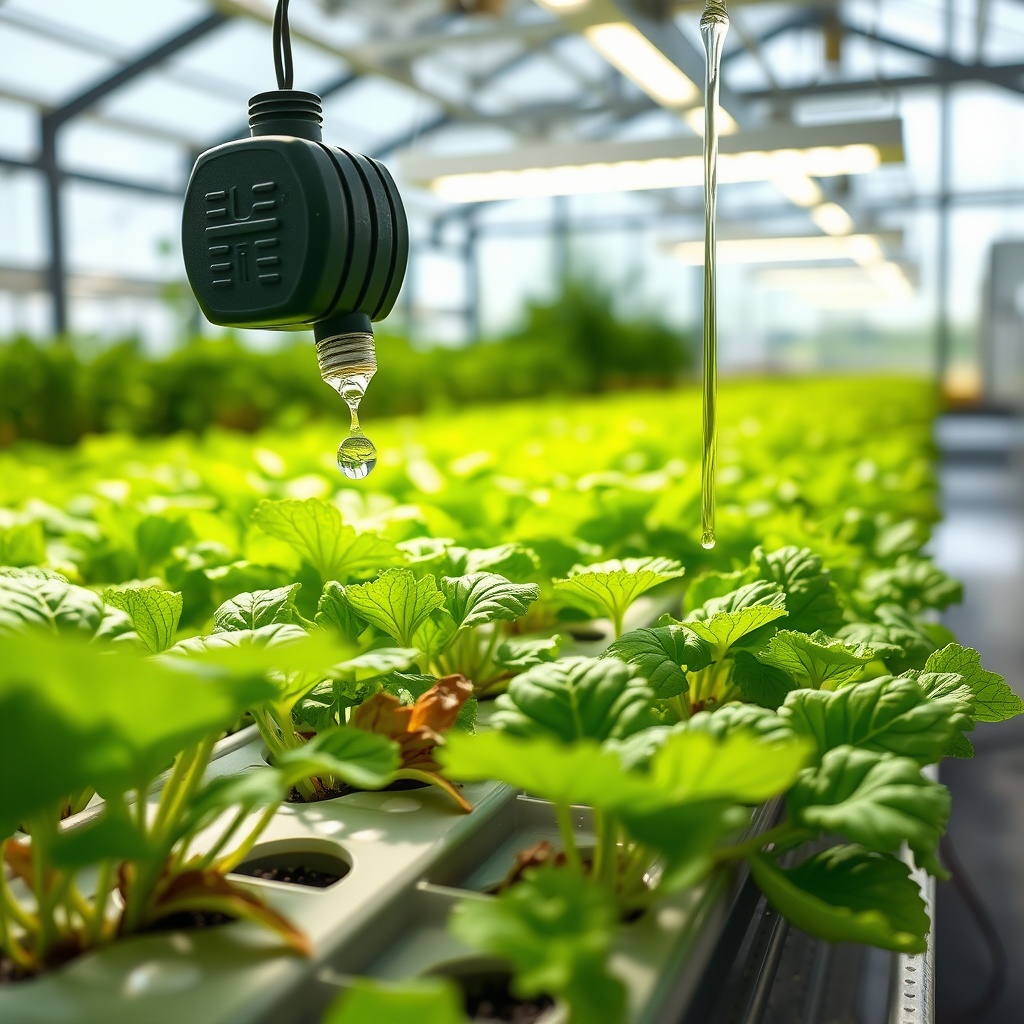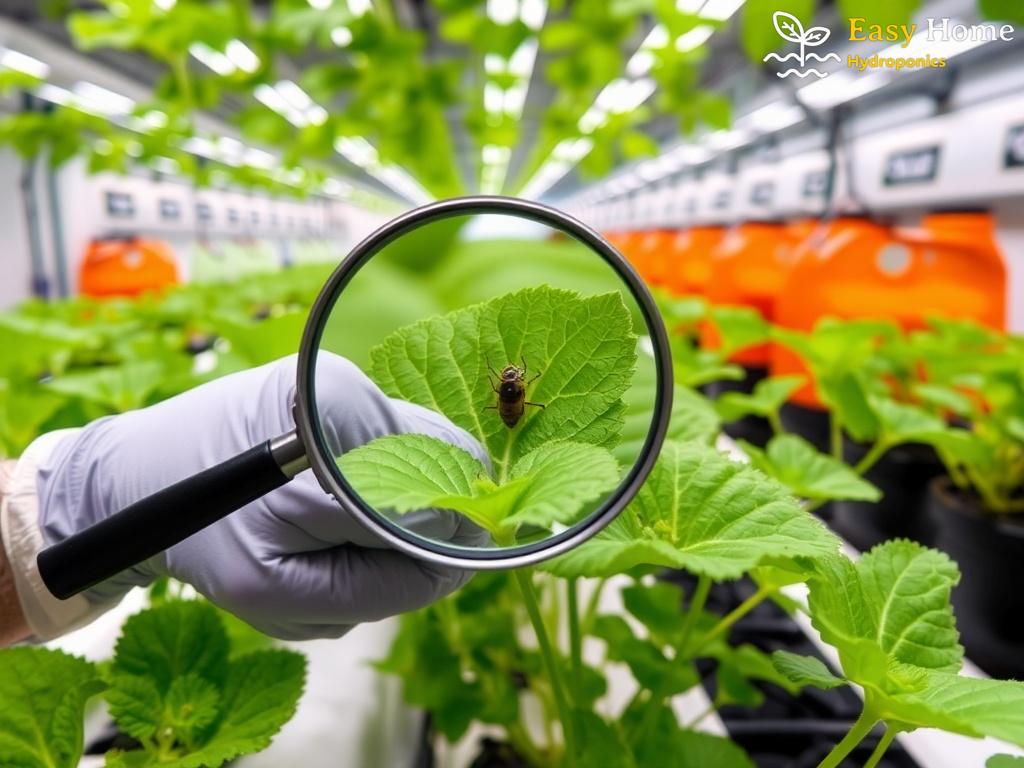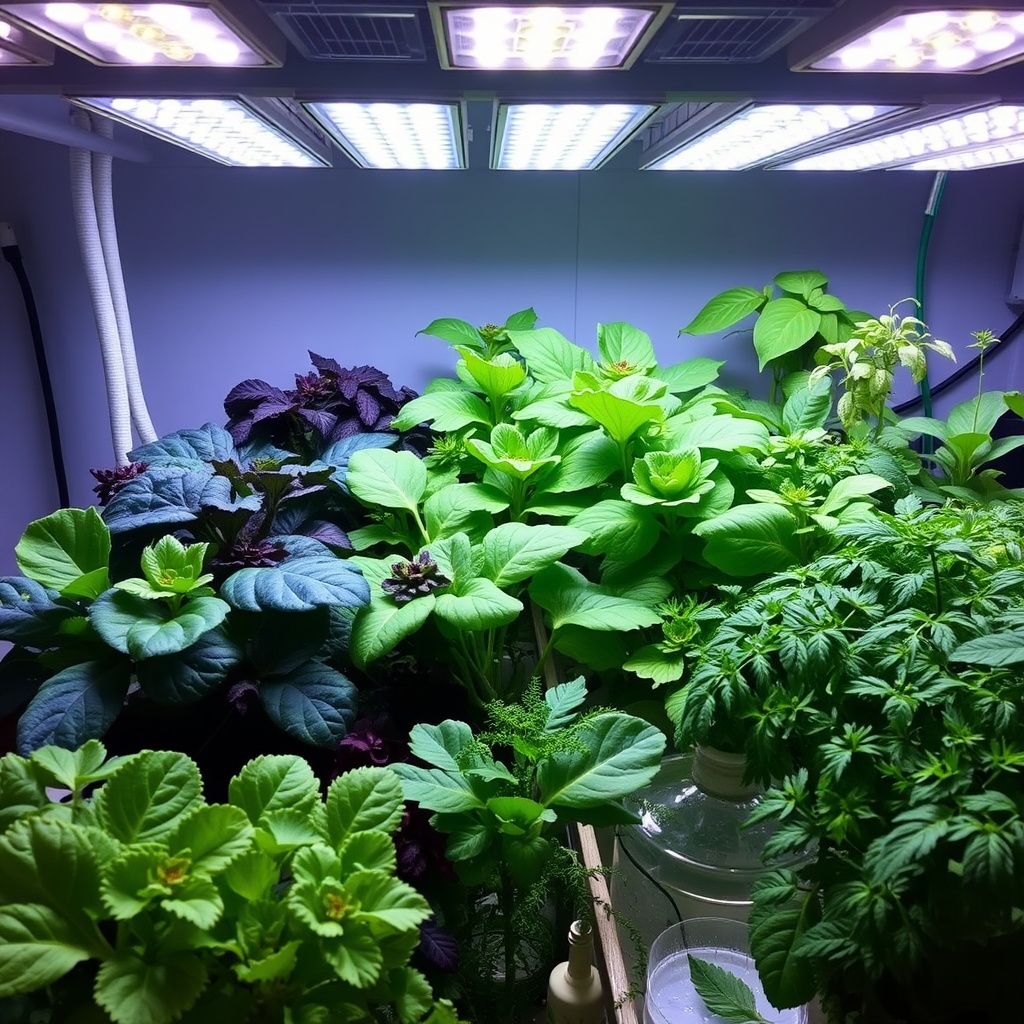Understanding the Importance of Calcium in Hydroponics
Calcium plays a critical role in the development and growth of hydroponic crops, acting as a structural component of cell walls and influencing various physiological processes. Without adequate calcium, plants can suffer from a range of issues, ultimately leading to reduced yields and poor quality produce. As hydroponics eliminates soil-borne calcium sources, understanding how to maintain appropriate calcium levels is essential for any successful grower.
Calcium deficiency often manifests in hydroponic systems through symptoms such as blossom end rot in tomatoes and tip burn in lettuce. These conditions highlight the urgent need for proactive management of calcium levels in nutrient solutions. So how can growers effectively resolve calcium deficiencies in their systems?
Strategies to Combat Calcium Deficiency
Addressing calcium deficiency in hydroponic systems might seem daunting, yet several strategies can be implemented to ensure your crops thrive. Here are some innovative solutions that can be adopted:
- Adjust Nutrient Solutions: Regularly test and adjust the nutrient solution to ensure it contains adequate levels of calcium. A balanced approach with elements like calcium nitrate can significantly enhance calcium availability.
- Use Calcium Supplements: Adding calcium supplements, such as calcium chloride or gypsum, can directly boost calcium levels in the nutrient solution. Be mindful of the specific crop needs and environmental conditions when using these supplements.
- Optimize pH Levels: Maintaining an optimal pH level (between 5.5 and 6.5) can enhance calcium absorption. Regular monitoring of pH and adjusting as needed can help prevent deficiencies.
- Improve Irrigation Practices: Ensure consistent moisture levels to avoid stress that may inhibit calcium uptake. Consider using drip irrigation systems for more controlled water delivery.
- Monitor Environmental Conditions: High temperatures and low humidity can exacerbate calcium deficiency. Implementing proper ventilation and cooling systems can create a conducive environment for calcium uptake.
By integrating these strategies, growers can effectively prevent and combat calcium deficiencies, ensuring robust and healthy hydroponic crops.
The Future of Calcium Management in Hydroponics
As the hydroponics industry continues to evolve, innovative solutions for managing nutrient deficiencies, particularly calcium, are on the horizon. Technologies such as automated nutrient monitoring systems and AI-driven predictive analytics are becoming increasingly common. These advancements allow growers to maintain precise control over nutrient levels, ensuring that crops receive the necessary calcium without the risk of over-fertilization.
Moreover, ongoing research into alternative calcium sources and organic amendments shows promise for sustainable hydroponic practices. As growers become more aware of the importance of calcium in their systems, addressing deficiencies will not only become easier but also more efficient.
Ultimately, by embracing new technologies and methods, hydroponic growers can look forward to a future where calcium deficiency is no longer a hindrance but rather a challenge easily managed through informed practices.




